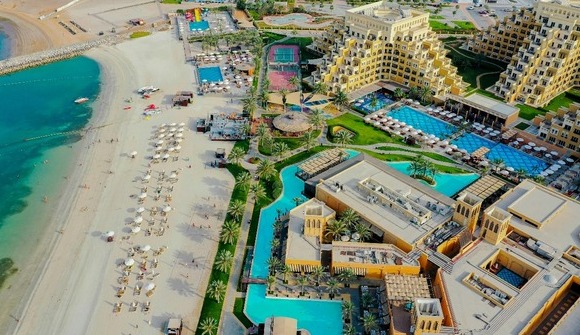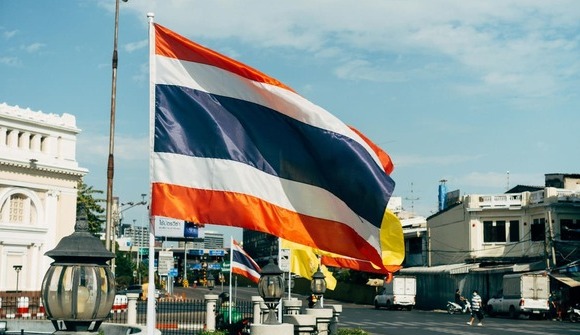
Thailand’s Casino Bill Could be Revamped as FPO Submits 45 Key Recommendations
Preferred destinations for the entertainment complexes with casinos include Phuket, Chiang Mai, Chonburi, Rayong, and Hua Hin instead of Bangkok.
Thailand’s Fiscal Policy Office (FPO) has recently wrapped up public hearings on the proposed entertainment complex bill. The results, which include 45 key recommendations, are set to be submitted to the Cabinet for further consideration. This initiative aims to attract foreign tourists and generate substantial revenue for the nation.
The proposal for entertainment complexes featuring casinos has gained momentum as the government looks for new avenues to enhance the economy. Previously, the House of Representatives had emphasized the need for these complexes to be established in popular tourist destinations rather than in the bustling capital city of Bangkok.
According to the Thai publication The Nation, the recommendations from the public hearings highlight a desire to base these entertainment complexes in key locations such as Phuket, Chiang Mai, Chonburi, Rayong, and Hua Hin. This shift in focus underscores a growing recognition that tourist hubs outside of Bangkok could offer a more strategic advantage in attracting international visitors.
Among the significant points discussed during the public hearings, there are suggestions to rename the bill from “entertainment complex with casino” to the “Integrated Resort Act.” This change aims to reflect a more comprehensive approach to tourism and entertainment in Thailand.
Another recommendation includes expanding the range of entertainment activities permitted in each complex. The current proposal allows for four types of activities, but participants suggested increasing this number to seven, including zones for promoting Thai culture. These designated zones for promoting Thai culture could enhance the overall visitor experience and showcase the country’s rich heritage.
Ownership and licensing emerged as critical issues during the hearings. Participants proposed that Thai ownership in these entertainment complexes should be maintained at a ratio of 30% to 51%. This recommendation aims to ensure local stakeholders have a significant stake in the operations, fostering a sense of community involvement and benefit.
Regarding licensing, there were mixed opinions on the validity period. Some participants called for a reduction from the proposed 30 years to just 10 years, while others argued for an extension to 50 or even 60 years. This debate highlights the tension between the need for stability and long-term investment in the industry.
Investment bank JP Morgan has suggested that if integrated resorts were to be established in Bangkok, they could potentially generate annual revenues between $2.5 billion and $3 billion, with estimates going as high as $5 billion. However, the emphasis on alternative locations indicates that stakeholders are looking to diversify the tourism experience throughout the country.
Phuket, for instance, is a renowned tourist destination known for its stunning beaches and vibrant nightlife. Establishing an entertainment complex there could attract visitors seeking both relaxation and entertainment. Similarly, Chiang Mai, with its rich cultural heritage, offers a unique backdrop for integrated resorts that could blend entertainment with cultural experiences.
Chonburi, Rayong, and Hua Hin are also identified as suitable locations. Each of these areas boasts distinct attractions that could enhance the appeal of entertainment complexes. By decentralizing the entertainment offerings, Thailand can create a more balanced tourism ecosystem that benefits various regions.
The FPO’s recommendations will soon be reviewed by the Cabinet, which will decide which proposals to adopt and implement. If approved, these entertainment complexes could pave the way for a new era in Thailand’s tourism sector, potentially transforming the economy by drawing more international visitors.
Furthermore, the proposal to charge entry fees for Thai citizens, ranging from 1,000 to 2,000 baht per visit or 20,000 to 40,000 baht annually, suggests that the government is considering various ways to regulate access while still maximizing revenue. In the current draft, locals are supposed to pay an entrance fee of 5,000 baht on a per-visit basis.
Read related article: ACN Spotlight: Winna Media’s CEO Analyzes Thailand’s Casino Potential
Other Interesting Articles
 Jailed Ex-Senator Leila De Lima Dares Harry Roque to Surrender
Jailed Ex-Senator Leila De Lima Dares Harry Roque to SurrenderOct 7, 2024











